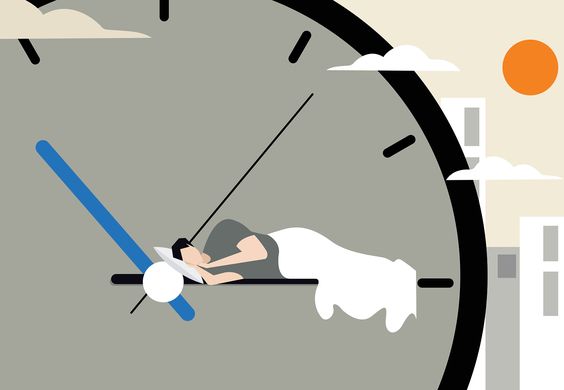Introduction
A good night's sleep is crucial for our physical and mental well-being. When we sleep, our bodies and minds can rest, repair, and rejuvenate. However, many of us struggle with sleep issues, whether it's difficulty falling asleep, staying asleep, or waking up feeling unrefreshed.

Understanding your sleep patterns is the first step towards improving your sleep quality. This involves identifying your sleep needs, recognizing your individual sleep cycle, and pinpointing any potential factors that might be interfering with your sleep. Once you have a better understanding of your sleep patterns, you can start making changes to improve your sleep hygiene and create a more conducive sleep environment.
Identifying Your Sleep Needs and Patterns
The amount of sleep each person needs varies, but most adults generally require around 7-9 hours of quality sleep per night. However, this can be influenced by factors like age, lifestyle, and overall health. To identify your sleep needs, pay attention to how you feel after different durations of sleep. If you consistently wake up feeling tired or groggy, you may need to increase your sleep time.
Tracking your sleep patterns can be incredibly helpful in understanding your sleep cycle. You can keep a sleep diary or use a sleep tracking app to monitor your sleep duration, bedtime, wake-up time, and any noticeable patterns or disturbances. This information can help you identify potential trends and areas for improvement.
Factors Affecting Sleep Quality
Numerous factors can impact the quality of your sleep. These can range from lifestyle choices to underlying medical conditions. Some common culprits include:
- Stress and Anxiety: Worries and stress can make it challenging to fall asleep and stay asleep.
- Poor Sleep Environment: A noisy, bright, or uncomfortable sleep environment can disrupt sleep.
- Unhealthy Diet and Exercise Habits: What you eat and drink, as well as your level of physical activity, can significantly impact your sleep.
- Medical Conditions: Certain medical conditions, such as sleep apnea or restless leg syndrome, can interfere with sleep.
Tips for Improving Your Sleep Patterns
Improving your sleep hygiene and addressing any underlying factors affecting your sleep can significantly enhance your sleep quality. Here are some tips:
- Establish a Regular Sleep Schedule: Go to bed and wake up around the same time each day, even on weekends, to regulate your body's natural sleep-wake cycle.
- Create a Relaxing Bedtime Routine: Engage in calming activities before bed, such as taking a warm bath, reading a book, or listening to soothing music.
- Optimize Your Sleep Environment: Ensure your bedroom is dark, quiet, and cool, and invest in a comfortable mattress, pillows, and bedding.
- Limit Screen Time Before Bed: The blue light emitted from electronic devices can interfere with melatonin production, making it harder to fall asleep.
- Watch Your Diet: Avoid heavy meals, caffeine, and alcohol close to bedtime.
- Get Regular Exercise: Physical activity can promote better sleep, but try to avoid exercising too close to bedtime.
If you continue to experience persistent sleep problems despite making lifestyle changes, it's essential to consult a healthcare professional to rule out any underlying medical conditions.

.jpg)